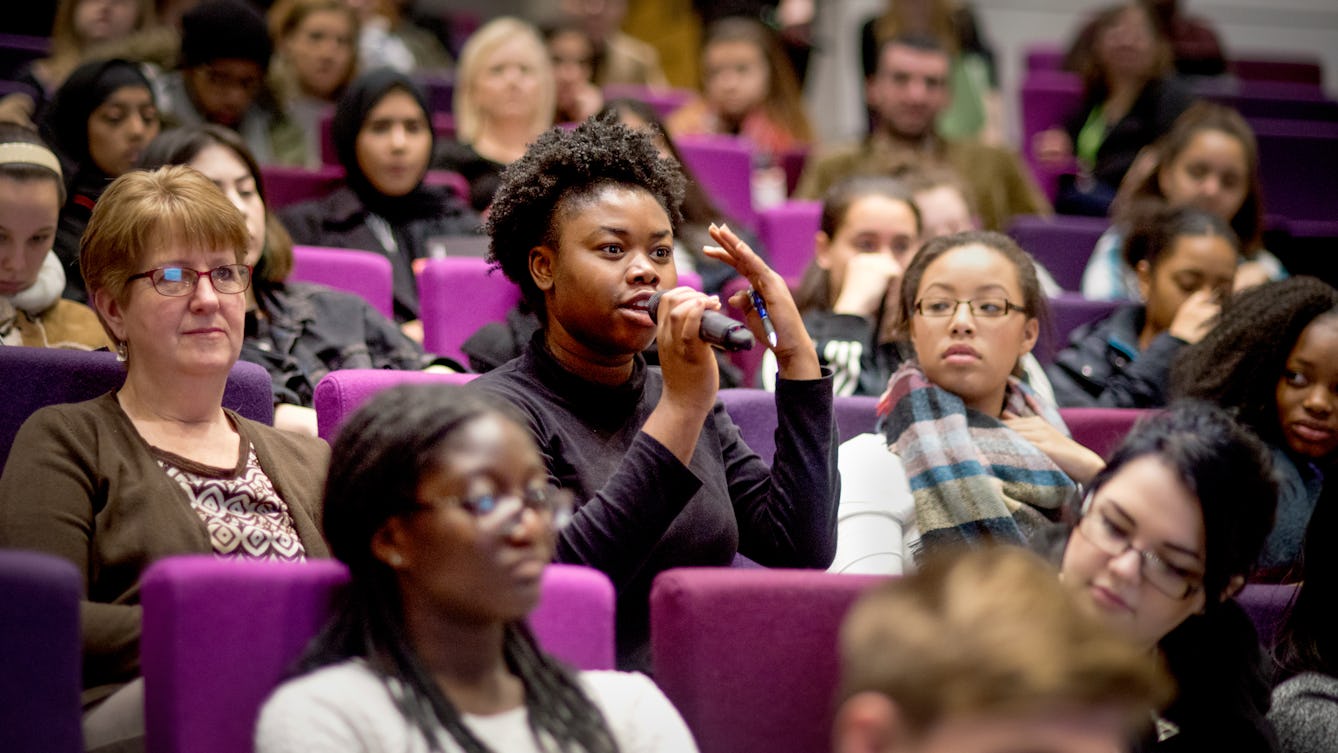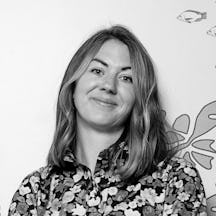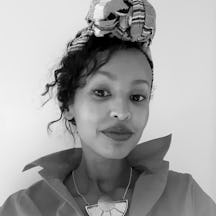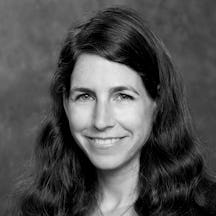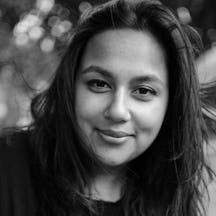What you’ll do
Watch a recording of the panel discussion exploring milk’s associations with purity and whiteness and the racialised politics of diet and nutrition.
Long held to be the cornerstone of good nutrition, milk is entangled with histories of nationalism, empire and food inequality. What can a closer look at milk tell us about the ideas and forces that have shaped our global food systems?
You’ll hear different perspectives from our speakers and then have the chance to share your thoughts, ask questions or just listen.
This event was simultaneously live-streamed on Wellcome Collection’s YouTube channel.
